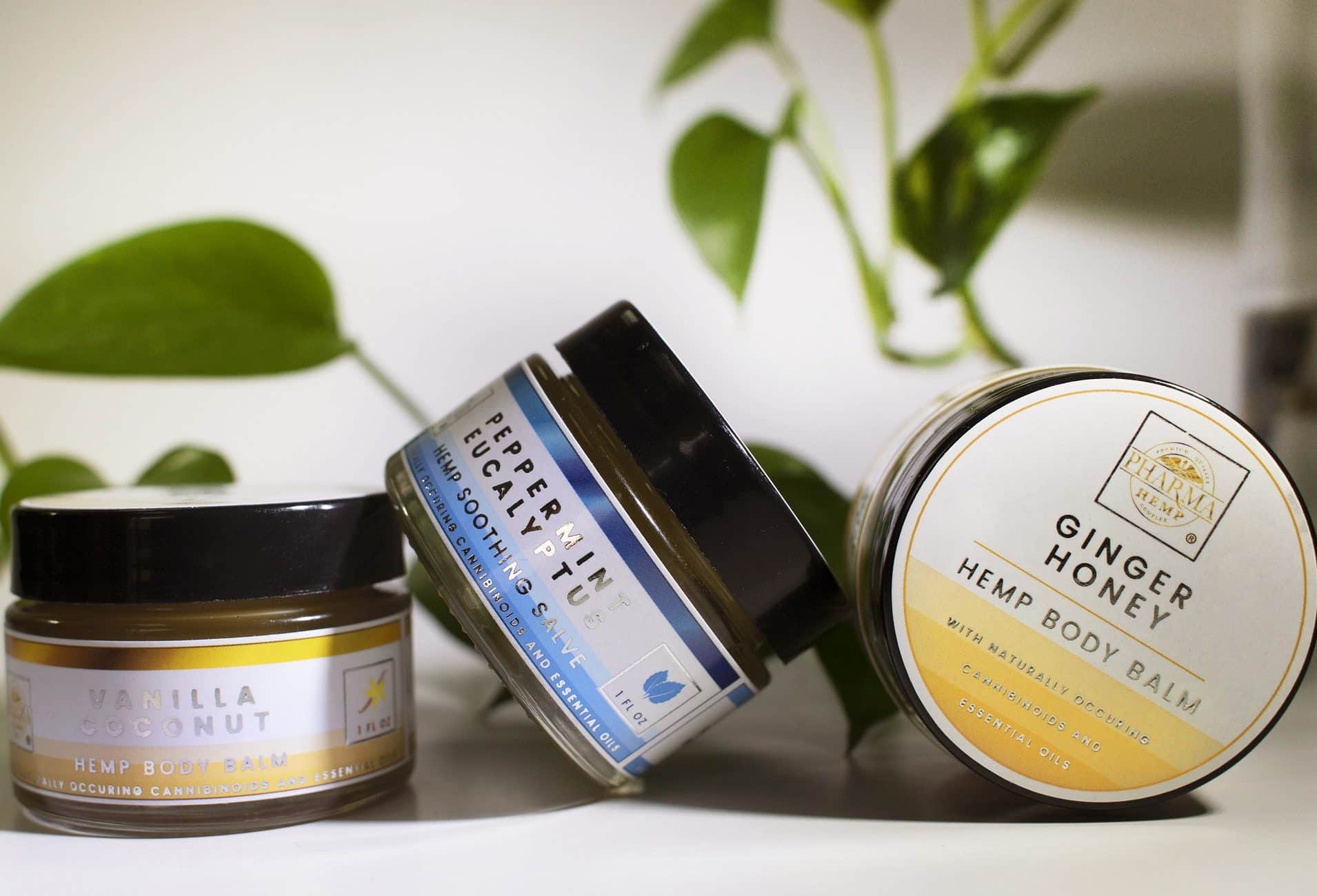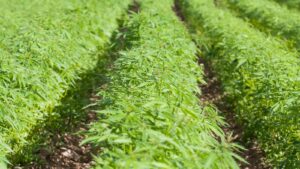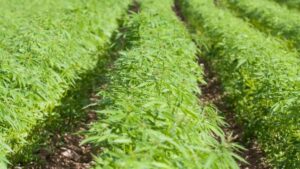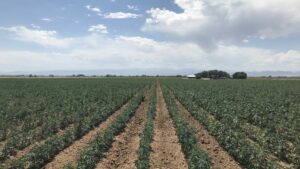Part IV: End Use Products
When you think of the industrial hemp market, what’s the first thing that comes to mind? CBD oil and its claimed benefits are all the buzz. Said to relieve pain, reduce anxiety and depression and even reduce acne flare ups, the CBD oil industry is booming. And what’s good enough for humans is good enough for our four-legged friends.
“Right now, the market is 95% CBD oil,” says Schiavi, who has exclusive North American rights to produce various certified European strains of hemp seeds.
However, FDA’s Schiller has concerns.
“We have seen too many hemp-derived products marketed with claims of therapeutic benefit, or other drug claims, without having gone through the drug approval process,” Schiller says. “These include CBD products that are marketed for serious diseases and conditions … These unapproved products marketed as new drugs, they are illegal.”
Schiller adds there are still a lot of unknowns about CBD’s potential therapeutic benefits, but he is excited about the possibility that new therapeutic uses of CBD might be demonstrated to be safe and effective.
“The last thing the FDA wants to do is to discourage research, and potentially stunt knowledge of potential uses of CBD,” he says.
Because of CBD’s potential as a supplement, food additive and medical drug, there’s some controversy with how FDA will move forward with regulations.
The National Hemp Association’s Stark explains: “The FDA doesn’t see CBD as a dietary supplement or food component. Hemp seeds can be used and are arguably the most people friendly seed on Earth, due to the heart healthy fatty acids found in it.
“There’s also a roadblock for CBD because there’s a section of the Food, Drug and Cosmetic Act that states once something is classified as a pharmaceutical drug, it cannot be introduced into food or diets, which also presents a challenge.”
CBD products are still under FDA purview and could be put back on the schedule list, but that’s not stopping consumers.
Production of CBD products started to show up in the United States in 2016, expanded incrementally in 2017, and exploded with the 2018 Farm Bill.
By 2024, the CBD market is projected to reach more than $20 billion in sales. In fact, BDS Analytics predicts a compound annual growth rate of 49% by 2024 across all distribution channels.
Walgreens, Sprout, CVS, Ulta Beauty, GNC Holdings and Urban Outfitters are a few of the retailers looking to offer or offering CBD products to consumers.
“Because of the tremendous range of products in which CBD is a fit, we expect to see it on shelves, literally, everywhere,” says Andy Rodosevich, CEO and cofounder of Hemp Depot. “Wholesale order numbers are climbing dramatically, which is one of the first signs of significant market expansion.
“When we started, we were taking orders for small companies ordering 500 units at a time. Large company orders are projected to reach 100,000 plus units in the next 18 months.”
Flower Power
CBD products primarily come from the flowers of harvested plants. The flowers are where most of the cannabinoids are concentrated and are most often used for direct consumption, as well as the creation of oils, topicals, edibles and most other products.
CBD oil is any cannabis/hemp-derived oil concentrate that contains primarily cannabidiol. Hemp extract is any concentrate that is derived from hemp plants with less than 0.3% THC. High-pressure CO2 and solvent extraction are the most widely used extraction methods to produce CBD products.
Hemp seed oil is harvested and produced in much the same manner as soybeans and corn that are used to produce cooking oils. Hemp flowers and oil both can have varying concentrations of cannabinoids. Hemp seed oil generally has little to no cannabinoid content.
Despite the oil boom in the U.S. market, Schiavi expects the industrial market in the United States to venture into different territory.
“I think the market will develop and explode when it comes to fiber, plastic and hemp-grade paper,” he says. “Manufacturing companies are investing a lot in these areas.”
Industrial hemp produces seed and fiber, with many applications for feed, food and industrial uses.
Start writing or type / to choose a block













